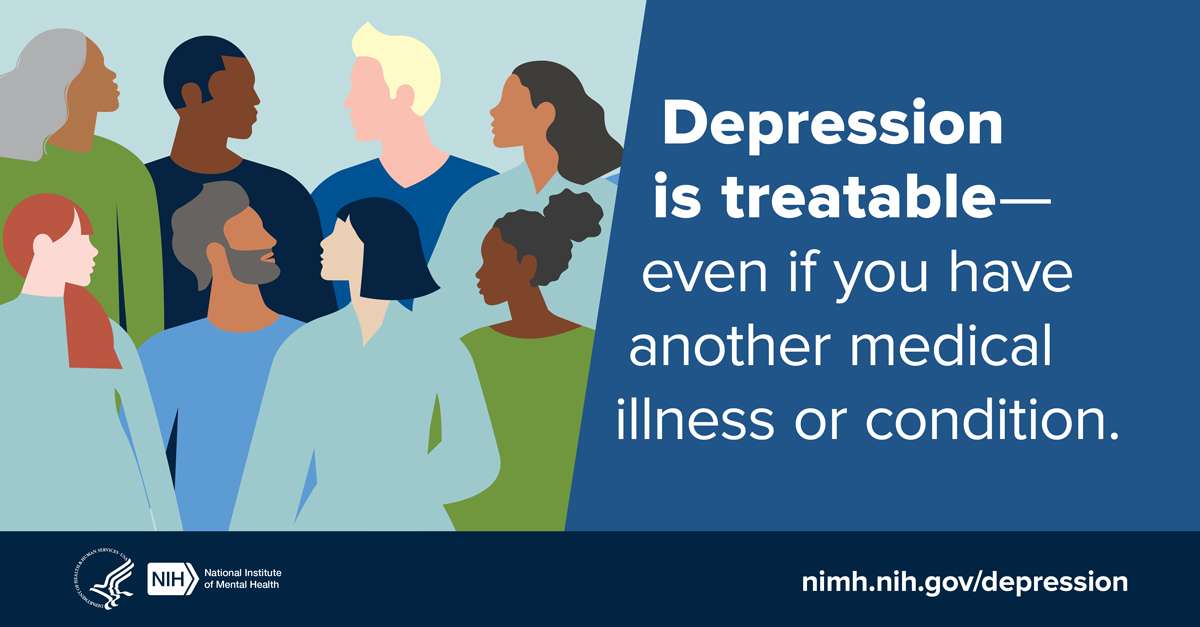Entry requirements
To become a psychotherapist you need to:
- have a qualification, or a qualification and work experience, that meets the Psychotherapists Board of Aotearoa New Zealand’s registration criteria
- be registered with the Psychotherapists Board of Aotearoa New Zealand.
The Vulnerable Children Act 2014 means that if you have certain serious convictions, you can’t be employed in a role where you are responsible for, or work alone with, children.
Secondary education
A tertiary entrance qualification is usually required to enter further training. Useful subjects include English, social studies and health education.
Personal requirements
Psychotherapists need to be:
- empathetic and concerned for the wellbeing of others
- non-judgemental
- able to keep information private
- able to relate well to people
- able to influence people.
Useful experience
Useful experience for psychotherapists includes:
- social work
- community work or counselling
- life experience
- work helping or caring for people
- research in related fields.
Registration
Psychotherapists need to be registered with the Psychotherapists Board of Aotearoa New Zealand and have a current Annual Practising Certificate.
Find out more about training
NZ Association of Child and Adolescent Psychotherapistswww.nzacap.org.nzNZ Association of Psychotherapists(04) 475 6244 – [email protected] – www.nzap.org.nz Check out related courses
The Clinical Child and Adolescent Psychotherapy courses are designed for health professionals, teachers, youth workers and individuals who have extensive experience of working with children and who have a strong interest in becoming a specialist child and adolescent psychotherapist. Courses provide you with in-depth knowledge of observational studies, infant and child development and a strong theoretical framework from which to progress towards the clinical component of this training.
Currently this is the only specialist child and adolescent psychotherapy training on offer in Aotearoa, New Zealand.
Offered in Semester 1 only (starts February).
Graduates who go on to further postgraduate clinical study with children and adolescents will be expected to apply for student membership of the New Zealand Association of Child and Adolescent Psychotherapists, and under an interim scope of practice (working with children) with the Psychotherapists Board of Aotearoa New Zealand.
Psychotherapists Board of Aotearoa New Zealand website
Courses you can study
Choose eight 15-point courses including at least four of the five listed below, with the rest from a related programme, subject to the approval of the programme leader.
This includes the requirement that you engage in your own weekly personal psychotherapy for the duration of this course of study.
Interview process for this programme
You may need to participate in an interview process for acceptance into this area of study. We will contact you with interview details.
The recommended background for this programme includes:
- That you have engaged in at least six months of your own personal psychotherapy
- That you have evidence of people-helping experience, for example, counselling or similar
For more information about this contact:
News of the renaissance of psychedelic-assisted therapies seems to be everywhere. From Anderson Cooper on 60 Minutes and Michael Pollan’s bestselling 2018 book, How to Change Your Mind, to the proliferation of online webinars, it seems like everyone in the psychotherapy profession is interested in becoming a psychedelic therapist.
Before we delve into this question of becoming a psychedelic therapist, it’s important to acknowledge that, while the studies of psilocybin for depression and MDMA to assist the treatment of PTSD continue to do very well in clinical trials, they are still not yet FDA approved treatments, and remain Schedule I drugs, which means they are illegal to possess or use outside of these studies. It also means that there is no guarantee that the drugs will get FDA approval, though it is looking increasingly likely that they will become available in the next two to five years.
With this promising treatment on the horizon and growing interest among mental health professionals, it is not surprising that an increasing number of educational providers are creating programs offering “psychedelic therapist training.” I am a graduate of one of these programs, the California Institute of Integral Studies (CIIS) Center for Psychedelic Therapy and Research (2017), and have been fortunate to put my training to work as a therapist on the Phase 3 MAPS sponsored MDMA assisted therapy for PTSD study and will soon begin working on the Phase 2 Usona sponsored psilocybin facilitated therapy for depression study. Some of my classmates have begun ketamine clinics or conducted research in this field, but it’s worth noting that most of my classmates have not begun to provide this therapy in practice and continue to provide conventional psychotherapy or medical treatments of mental illness while we wait for the clinical trials to complete.
An important caveat is needed here: All of the proliferating programs offering training in psychedelic therapy must speculate on what the FDA will require to provide this therapy. Ultimately, the FDA, as part of a REMS (risk evaluation and mitigation strategy) program that will be part of any approval of these medicines will likely require a licensed therapist or medical professional to provide this therapy. Some of these terms, such as it always being a supervised therapy and not a take-home treatment, are easy to predict. Others, such as the qualifications that will be needed to be a psychedelic therapist, remain a work very much in progress.
It is clear that whatever form psychedelic therapy takes, it will only be allowed to be provided by licensed professionals. However, the license that will be required is, as of now, unclear. It is possible that the FDA will only allow a medical doctor or a clinical psychologist to provide this treatment, though the sponsors of the studies are arguing that other providers such as nurses, marriage family therapists, and even clergy could be trained and equally skilled to provide this therapy. Another unclear area is if additional training in psychedelic therapy will be required to provide this treatment, and if so, what that training will be. Given the cost of these programs, the tuition is a somewhat speculative investment in one’s future employment prospects.
That is where these burgeoning training programs enter the picture. While many of them are being offered and taught by pioneers in the field, they are inherently speculating regarding whether their curricula will fulfill the future FDA requirements to deliver these treatments. In this heady time, we are building the plane as we are flying it. It’s with that caveat that I will discuss a handful of these programs (this is not a comprehensive list and will likely soon become even larger as additional programs emerge).
The program I attended, the CIIS Center for Psychedelic Therapies and Research is one of the oldest programs and arguably the progenitor of more recent programs. The CIIS program admitted its first class in 2016 and has now trained over 300 professionals. Directed by Janis Phelps, Ph.D., this program brings together some of the primary researchers in the field from places such as Johns Hopkins, NYU, MAPS, Usona Institute, and Imperial College, London to teach students about psychedelic therapy—as a psychedelics geek, it felt like what it would have been like to be studying humanistic psychology in the 1950s and having Abraham Maslow and Carl Rogers as your professors. This postgraduate program admits licensed professionals and ordained clergy into an eight-month (March-November) program leading to a certificate. It recently divided into a San Francisco cohort and a Boston cohort which will increase their training from 80 professionals to 200. The Boston location also allows for collaboration with the Boston Psychedelic Research Group and the new Center for the Neuroscience of Psychedelics at Massachusetts General Hospital.
Fluence offers a 120-hour certificate in psychedelic integration therapy (this is therapy provided to a client who has already had a psychedelic journey and is trying to integrate what was realized or learned from the experience into their daily lives), that like CIIS, is restricted to licensed therapists. Fluence was founded by several veterans of MDMA-assisted therapy studies and by a co-principal investigator of the landmark Psilocybin Cancer Anxiety study at NYU.
The Multidisciplinary Association for Psychedelics Studies (MAPS), which is the sponsor of MDMA assisted psychotherapy studies for PTSD, formed MAPS Public Benefit Corporation as a wholly-owned subsidiary to shepherd MDMA through FDA approval and offer training to therapists who are interested in providing this treatment. Other study sponsors, such as Usona Institute and Compass Pathways (studying psilocybin facilitated therapy for depression) have therapist training programs for clinicians working in their studies and may extend these training opportunities to others in the future.
It is important to note that a significant challenge of these educational programs is the inability to provide students with a direct experience of either providing the therapy (as research studies typically do not have the ability to host observers and students) or receiving the therapeutic drugs themselves (because of controlled substance restriction). Many programs use holotropic breathwork as an experiential means of allowing students to experience a non-ordinary state without a drug. A notable exception to this is Synthesis Institute, a psilocybin retreat center in Holland (where psilocybin truffles are legal) that will be launching a practitioner training program in 2021, with an optional psilocybin retreat as part of the training.
For those therapists who are not yet ready to undertake a formal training program, it is advised that you become familiar with this emerging treatment through reading (this book by Francoise Bourzat and this by Bill Richards are good places to start). This podcast interview from MAPS therapist Marcela Ot’alora G is especially good) and attending the briefer conferences that are increasingly on offer. Additionally, learning to work with non-ordinary states of consciousness through programs such as Hakomi, Somatic Experiencing, or the aforementioned holotropic breathwork, are useful modalities for future psychedelic therapists.
As mentioned, this is far from a comprehensive list of resources. The professional organization I helped to found, the Organization for Psychedelic and Entheogenic Nurses maintains a growing list of these programs on our webpage and I have discussed other ways of getting experience with psychedelic states here.
Regardless of how the psychedelic training bonanza shakes out, this is an exciting time to be in the field, as we watch the dawn of a new era, with the attendant hope that it brings, breaks across the landscape of our profession. Those who are motivated to learn how to better help our patients can only find reward in this exciting new field.
To find a therapist, please visit the Psychology Today Therapy Directory.



